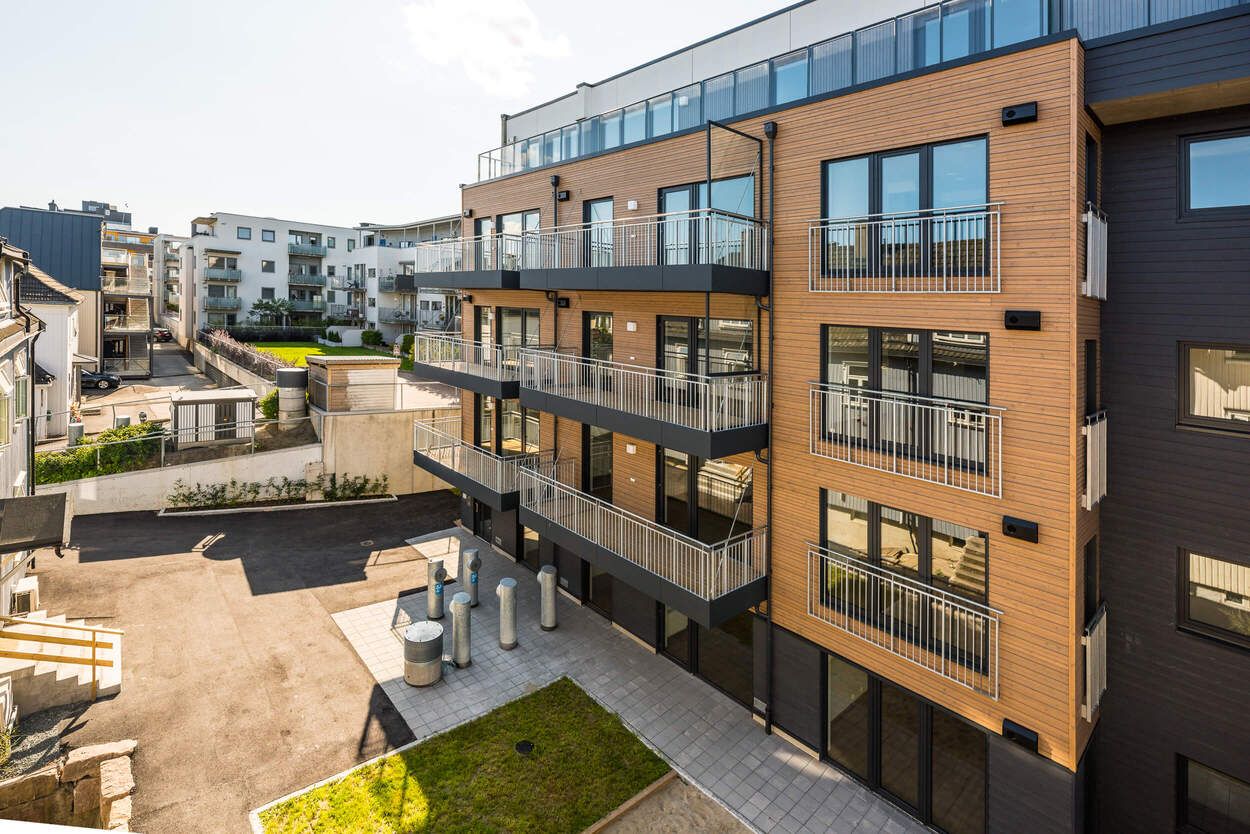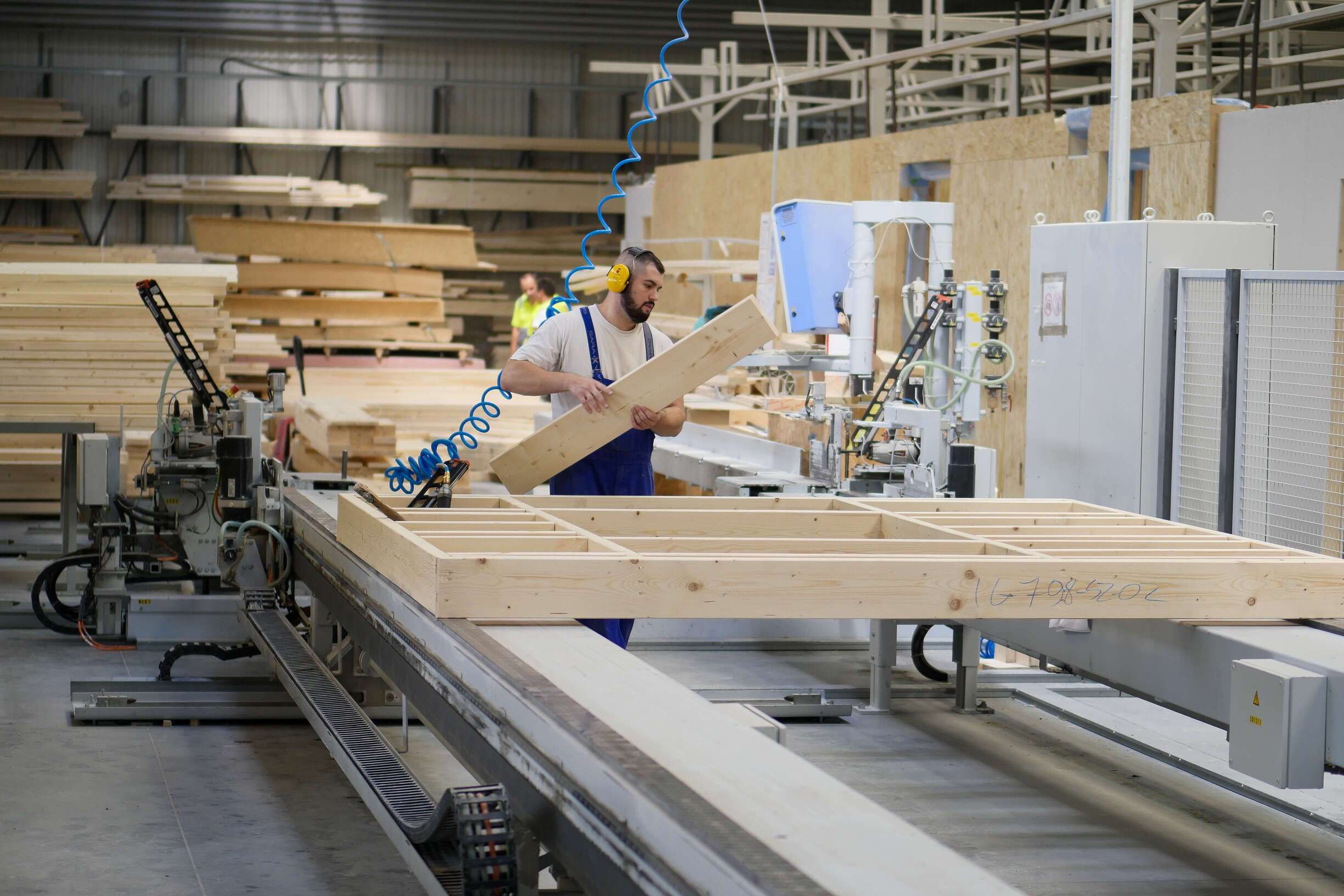The durability of modular buildings – what is worth knowing?

In recent years, modular construction has been gaining increasing popularity.
Precision of execution, shorter construction time, and environmental benefits make this solution appreciated by investors, developers, and companies carrying out projects in the public or hotel sectors.
But what about the durability of modular buildings? Are buildings made of prefabricated modules as solid as those constructed using traditional methods? Will they serve users for decades without the need for costly renovations? Or are they intended only for temporary use? The following article answers these and other questions.
Are modular buildings durable? The most common doubts
Where do concerns about the durability of modular buildings come from? Often, they result from a lack of knowledge about the production process, materials, and current industry standards.
Some people mistakenly associate modular technology with temporary structures or holiday cottages. In reality, modern modular buildings are fully functional and durable multi-story structures — ideal for residential developments, hotels, or public facilities.
Modular buildings meet the same standards as those required in traditional construction.
According to Polish Building Law, the durability of a structure does not depend on the technology used (traditional or modular), but on compliance with design and technical standards.
Every building — regardless of the construction method — must meet the following requirements:
-
-
load-bearing capacity and structural stability,
-
fire safety,
-
thermal and acoustic insulation,
-
resistance to weather conditions,
-
long-term operational durability.
-
In modular construction, a major advantage is the ability to produce elements in controlled factory conditions, which ensures high quality and compliance with European standards (e.g., ISO 9001:2015, ISO 14001:2015, and ISO 45001:2018).
Another common myth is the belief that modular houses and other buildings constructed in this technology last only a dozen or so years. In fact, with proper design and maintenance, their lifespan is comparable to that of masonry buildings.
In the ETA certificate issued for Unihouse, the durability of modular buildings is defined as 50 years — however, this figure results from regulatory requirements, and the same value applies to traditional buildings.
Moreover, modular buildings are subject to the same technical inspections and approvals as any other construction type.
This means that the final assessment of the building — its safety and durability — is carried out in accordance with applicable law, with no exceptions for prefabricated solutions.
Durability of a modular building – what influences it?
The durability of a modular building results from a combination of many factors — from design quality and materials used, to production methods and subsequent operation.
Which elements have the greatest impact on the longevity of such structures?
Technology and production quality
High durability in modular construction is achieved through precise manufacturing in controlled factory conditions. This minimizes the impact of weather factors and reduces the risk of execution errors, ensuring high quality and repeatability of components.
Modular buildings are designed for long-term use — both structurally and functionally.
Durable materials
Contrary to stereotypes, modular technology does not mean using less durable materials.
At Unihouse, we base production on high-quality wood, which has excellent strength properties, stability, and resistance to external factors.
Our modules are made using a load-bearing wooden frame structure — thermal insulation (e.g., mineral wool) is placed between the frame elements, and both sides are covered with various board materials.
We use engineered wood-based materials such as solid wood, glued laminated timber (KVH, BSH), CLT, LVL, and I-Joist beams — modern materials with enhanced technical parameters that enable strong and durable structures.
Standards and certifications
The durability of single-family and multi-family modular buildings also depends on whether the manufacturer ensures compliance with relevant standards.
All our constructions are made in accordance with European and local building regulations, including strict requirements for thermal, acoustic, and fire resistance.
Numerous certificates and approvals awarded to Unihouse confirm the durability of buildings constructed in modular technology.
Operation and maintenance
As with other building types, proper use and maintenance significantly affect the durability of modular buildings.
Regular inspections and maintenance help preserve performance parameters for many years.

One example of Unihouse’s durable projects is the Slinningen Brygge residential complex in Ålesund, Norway.
This four-story building is located directly on the seafront, which required special consideration of additional environmental factors such as humidity.
The multi-story modular buildings delivered by Unihouse meet all applicable structural standards and are designed to withstand the climatic conditions typical of various regions — from harsh Northern European winters to variable Western European weather.
The durability of modular buildings depends on multiple factors, including production technology, material quality, standards and certifications, and proper operation.
Choosing a proven manufacturer ensures the longevity and quality of delivered solutions.
Information
© 2022 UNIHOUSE SA All rights reserved. | Design Sensorama





